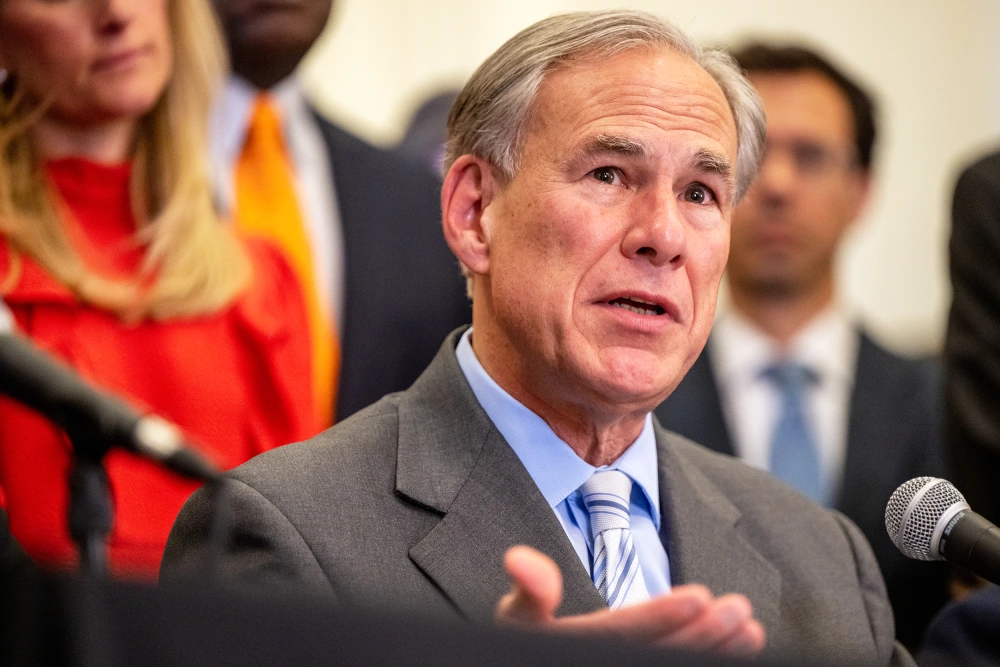On the 22nd of September Texas joined the ever growing list of states to enact an abridgment of transgender bathroom use as Governor Greg Abbott signed S. B. 8, or the “Texas Women’s Privacy Act”, which effective December 4th, will restrict individuals to using the bathroom aligned with their assigned birth sex in government buildings, public k-12 schools, as well as publicly owned universities. This bill has been in the works since 2015 but has only now passed due to a shift in the political climate that has made transphobic policies more palatable to the public.
This law doesn’t just impact bathroom access however, it also requires prisons and jails to house inmates in accordance to their assigned birth sex, in potential violation of the federal Prison Rape Elimination Act, which requires trans inmates to be placed wherever they will be safest. This bill also bars anyone assigned male at birth to receive services from women’s domestic violence shelters, with the exception of minor children of women who are receiving services at these shelters. S.B. 8 is the most financially retributive bathroom bill in the country as a last minute amendment raised the fines against institutions where violations occur to $25,000 and an additional $125,000 for each subsequent violation.
The bill does not make clear how it will be enforced, though its sponsor, Rep. Angelia Orr previously stated it would be determined based on the appearance of the alleged violators. This will undoubtedly result in harassment and violence to be faced by anyone —not just transgender individuals— whose gender expression does not perfectly align with what society has defined as being a woman or man. The issue of safety is a common justification used by those who aim to restrict sex-segregated spaces. Nonetheless, the UCLA has found that the allowance of trans individuals to access and use spaces that align with their gender identity does not impact the safety of cisgender individuals using those spaces.
This bill, as with every other bill that abridges the rights of transgender or LGBTQ+ individuals, merely opens up some of the most marginalized among us to potential violence and discrimination. According to 19th News, 26% of trans people in America live in one of the 20 states that have bathroom bans, which is only one kind of legal discrimination faced by trans people all across the country, from being barred from sports competitions, to being denied life saving healthcare such as puberty blockers or hormone replacement therapy (HRT). The all out assault on trans people will not erase them from society despite the best efforts of some.


